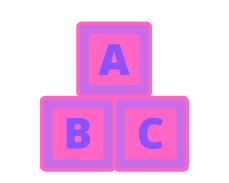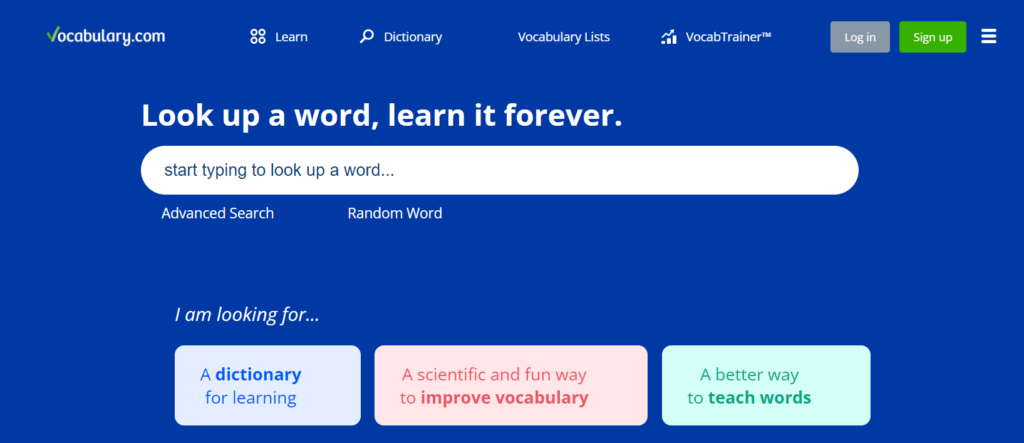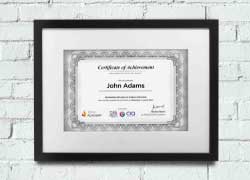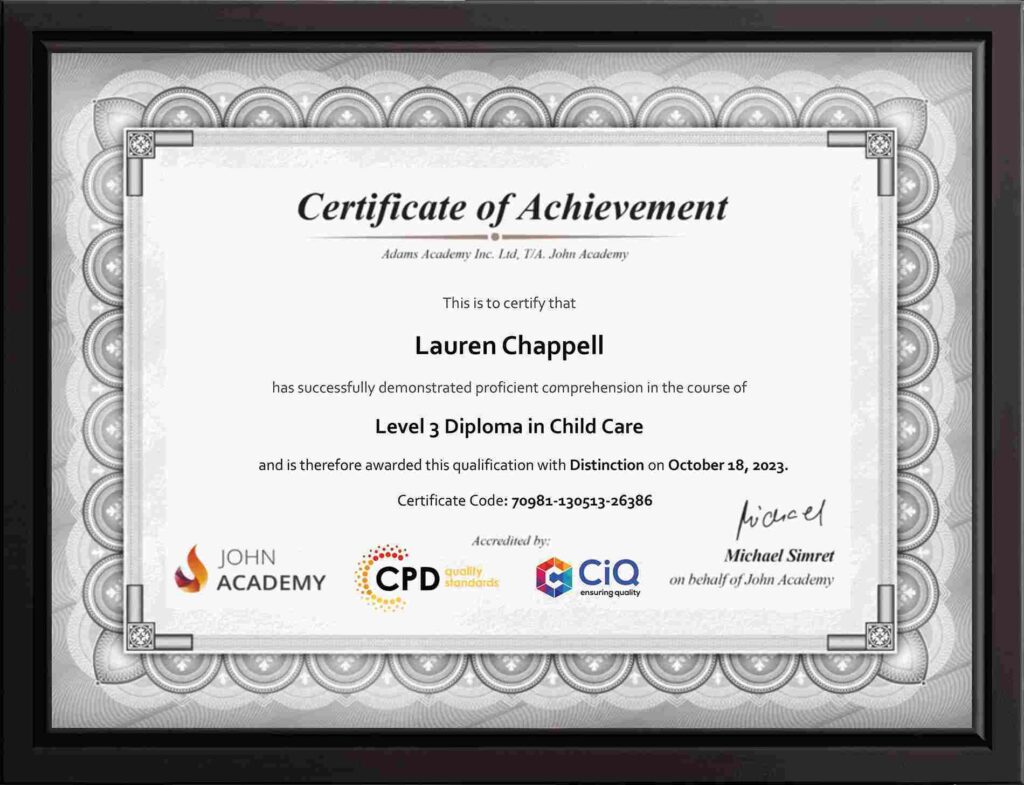

ESL is an acronym that stands for “English as a Second Language.” There’re a lot of students who take up studying English as a second language other than their native ones. Doing this makes sense nowadays since English is the international language and is used a lot in the professional world.

When learning English, one of the main things that people can have trouble with is vocabulary. When referred to as a trait, vocabulary means the number of words that a person is aware of in a particular language. On the other hand, when referred to as a noun, vocabulary means the words that make up a language.
In this article, we’re going to be looking at a couple of easy tips that you can follow to build your vocabulary as an ESL student.
Tips for Building Vocab
Here’re some tips that you can follow:
1. Read professionally written content
One of the easiest and simplest ways of improving your vocabulary is to read professionally-written content. The emphasis is on “professionally written” since reading the work of a rookie will hardly be helpful for learning new words.
When a pro writes content, they use difficult words sporadically throughout the content. (And by the way, we say “sporadically” because no professional would overload their content with overly-complex words).
Now, when reading the content, you can learn these words slowly by constantly having them run past your eyes. This is, incidentally, the reason that it is recommended to constantly read the content of the same author over and over again. That way, you will get exposed and accustomed to the words that they are in the habit of using.
Coming back to the point, if you shift your eyes upwards a little, you will see that we used the word “sporadically” in the second paragraph. The way we used that word made its meaning self-evident. That means that if someone totally unaware of the word had to read it in our content, they would automatically understand its meaning.
When words are used this way in content, they make an indelible impression on the minds of the readers: who remember them vividly afterward. They can then use those words when the need arises.
To wrap it up, here are a couple of things that you should be mindful of to build your vocabulary as an ESL student:
1. Read high-quality content
2. Do active reading rather than skimming
3. Highlight all new words that you come across
4. Find out the meanings of the words using a reliable dictionary
5. Use those words in a real-life setting as much as you can
2. Use Online Paraphrasing Tools
Although this is not the conventional and usual use of paraphrasing tools, they can nevertheless be useful for this purpose. You can use paraphrasing tools for learning new words and observing them correctly employed in context.
Let us explain how this works.
A paraphrasing tool essentially rephrases the content that it is provided. To give you an example, here is a screenshot of a random tool paraphrasing the given content:

In the screenshot above, the box on the right side shows the bold parts of the text. These parts are the ones changed by the tool. Among others, you can see that the changes comprise swapped words, i.e., the word typically has been replaced by “normally” and the like.
Now, in the screenshot above, we’ve used a single sentence. You can also use larger pieces of text.
You can enter your content into the tool and then look at the words that it adds/swaps. You can make a note of the newly-added words and use them in your own future write-ups when the opportunity presents itself.
In order to get the most out of this step for building vocabulary as an ESL student, you will have to take care of a few things. They are:
1. Pick a good paraphraser at the start. If you don’t pick a reliable tool, the changes made by the same could be inaccurate. This could lead to you learning the new words incorrectly.
2. When using the tool, be sure to provide it with context-uniform text. If you provide it with a long and multivalent piece of content, it could get confused and make incorrect changes.
3. Use adjective, adverb, and verb-heavy content. A paraphrasing tool does not typically change proper nouns and even a lot of nouns, for that matter. However, adjectives, adverbs, and verbs typically have a lot of suitable alternatives that you can learn from.
3. Use Online Vocab-Building Quizzes
Another good way in which you can build your English vocabulary is by using online quizzes and flashcards. There are a lot of such websites on the internet that offer this sort of stuff. One popular example is Vocabulary.com, where you can learn new words using different methods.

This is just an example. You can find and use any similar exercises as per your need and preference.
The benefit of doing these types of quizzes and using flash cards, etc., is that they are not boring. The first tip that we mentioned above i.e., reading content, can get a little boring after some time. On the other hand, paraphrasing content can take up a lot of time and effort.
However, doing quizzes and using flashcards doesn’t require a lot of effort nor does it get boring over time.
Conclusion
Learning English as a second language can be tough, especially the more aged you get. Among the different things that ESL students can struggle with, vocabulary can be one of the major ones.
In the post above, we have discussed some tips on how you can build your vocabulary. Give them a try when you can, and let us know how well they work!









